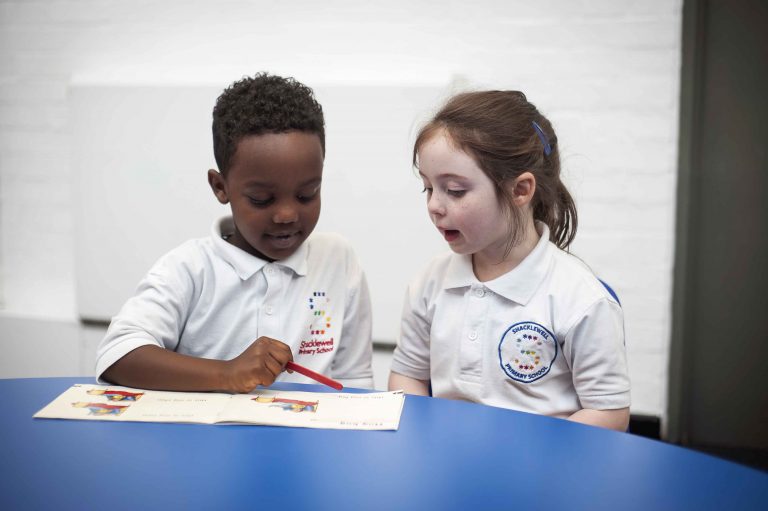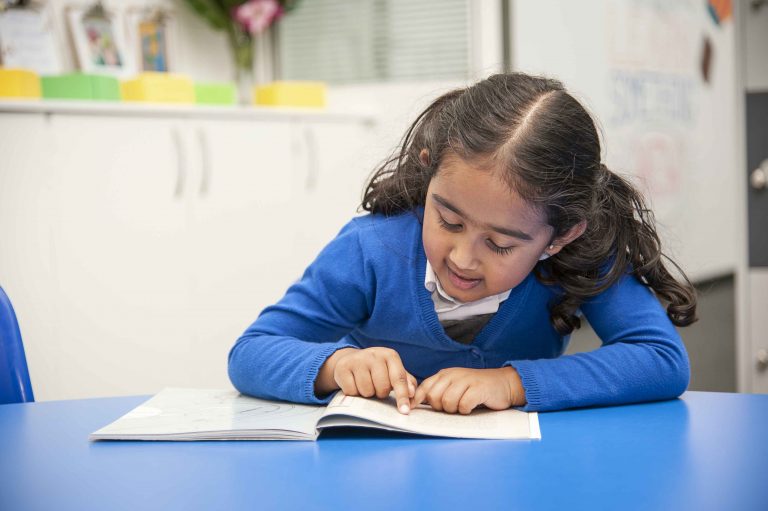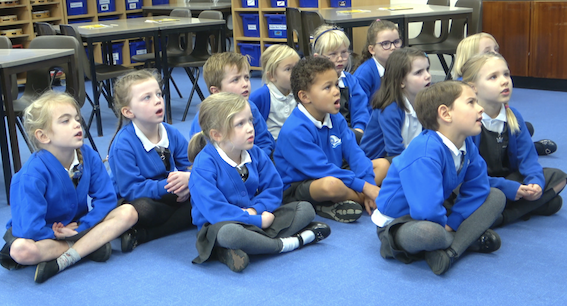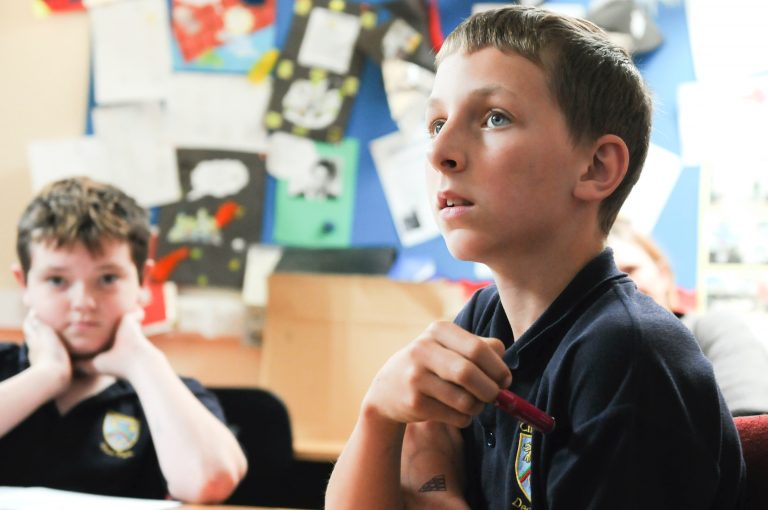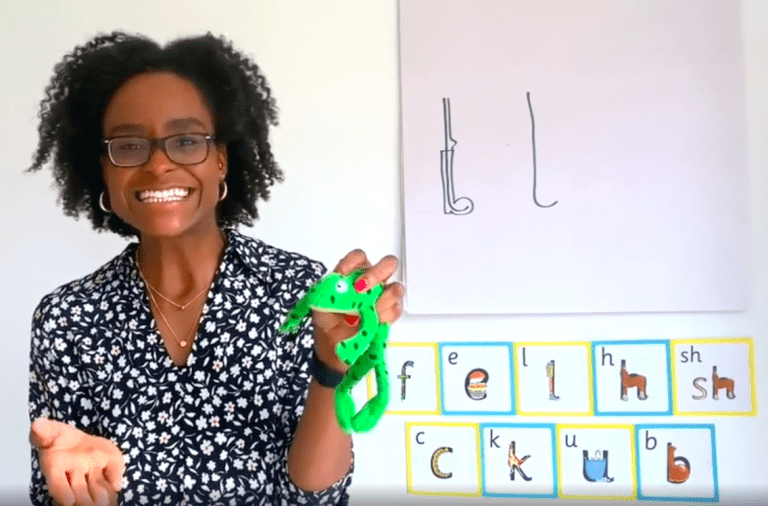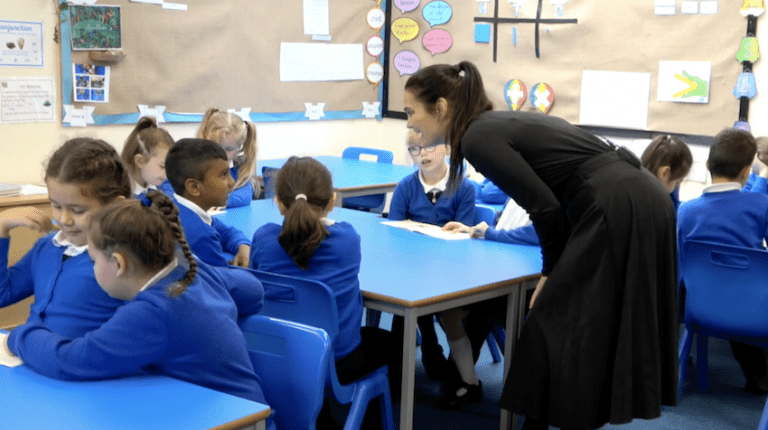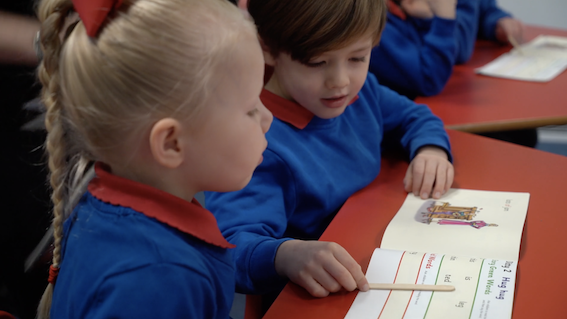
Ruth’s Blog: We go beyond the need and teach every pupil to read
We are never complacent. Schools depend upon our teaching programme. We research practices that will work best for all pupils – and especially those with special
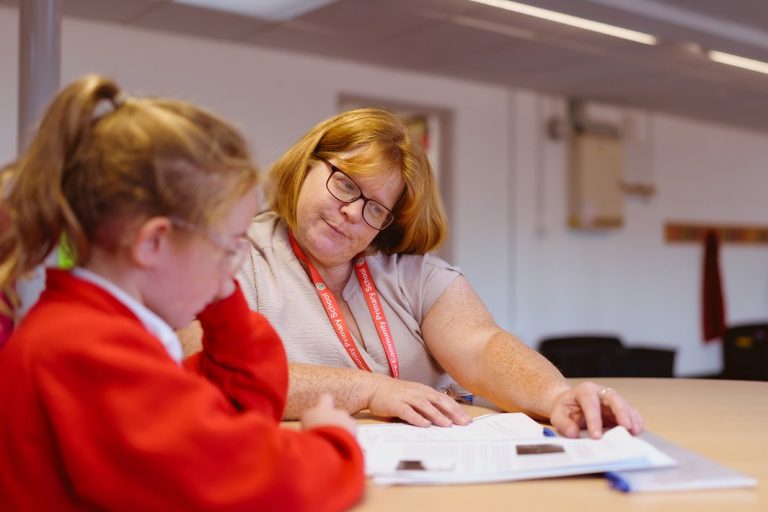
Ruth’s Blog: S-A-L-E-S: Strategies to increase children’s love of reading
There is considerable research on the strategies advertisers use to persuade people to buy things. We’ll look at some of the common persuasive strategies that
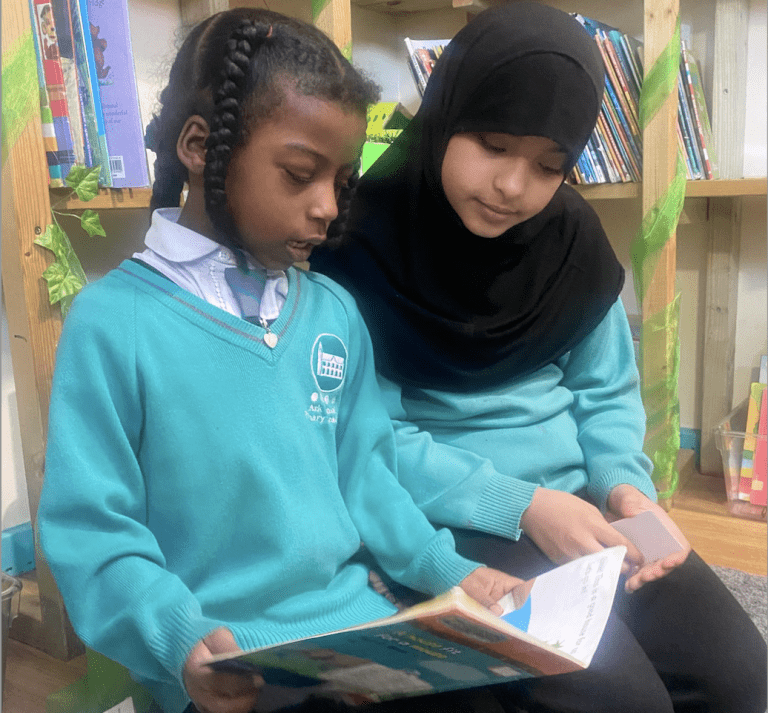
Ruth’s Blog: How to build the best book corners at Key Stage 1
Bang for our book In building the best book corner, focus on the things that will make the biggest difference. Imagine you have a clean
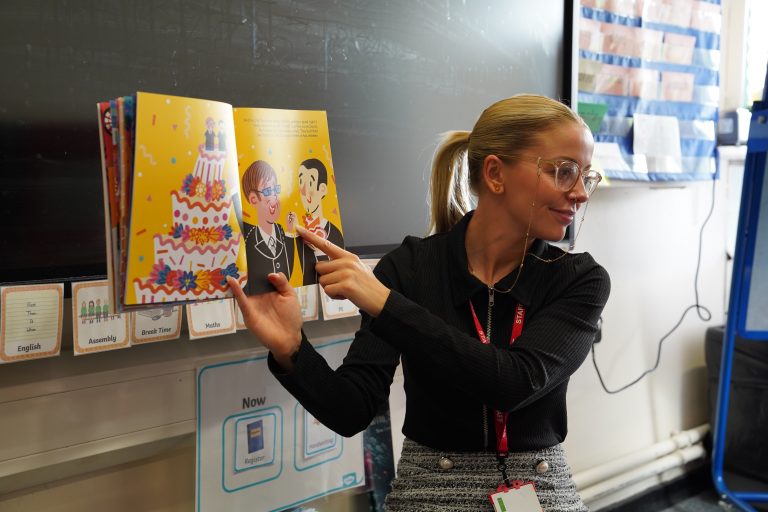
Ruth’s Blog: Understanding the impact of book banding on children’s love of reading
Decodable books Decodable books are necessary for children who are learning to read because they should read books that match the sounds they already know.
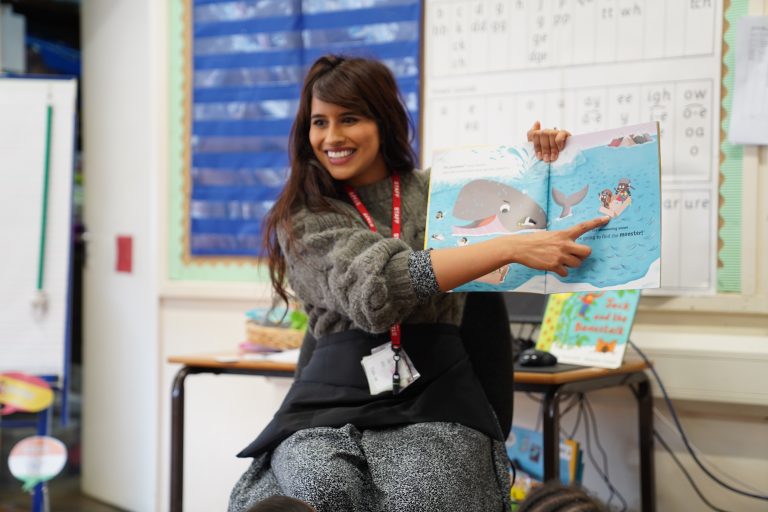
Ruth’s Blog: Live the story
As a teacher, in the days when we listened to individual children read, I’d often say, ‘Try to put a bit of expression in your

Ruth’s Blog: Readers can control their learning
Let’s say that you’re preparing a lesson on Caesar’s invasions of Britain. Maybe you don’t know much about them, so you read around the subject,
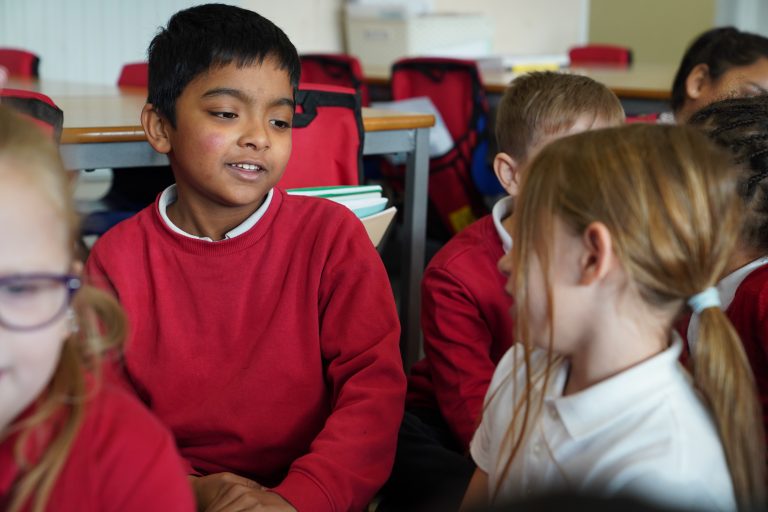
Ruth’s Blog: The explanation effect
I’ve just listened to a podcast about UPFs. I say to my partner, you’ve got to stop eating ultra-processed foods. They’re hijacking your hormones. They’re
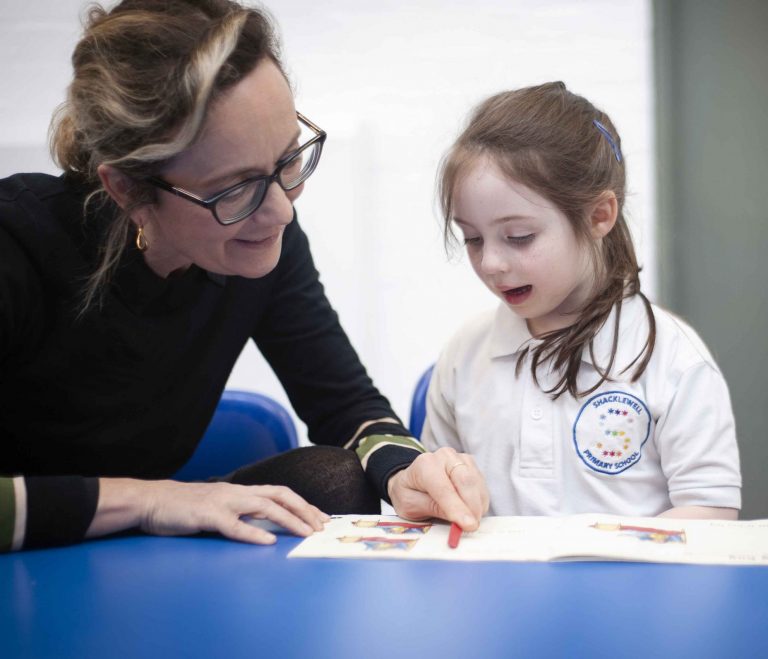
Ruth’s Blog: FRED’S PAL – Ofsted acronym
Is FRED’S PAL strong?This might help you remember what inspectors will be looking for! Fidelity to an SSP programme, from sounds to fluencyReception – make


Ruth’s Blog: Don’t take the ‘write’ out of Read Write Inc. Phonics
I wrote Read Write Inc. Phonics to teach reading and writing. I wove the teaching of reading and writing together into one programme: each reading activity supports the next,


Ruth’s Blog: Headteachers who book Development Days are ahead of the game
My obsession with the teaching of reading grew out of failure. In the 1980s, I switched to a reading method that backfired. Never again. Over
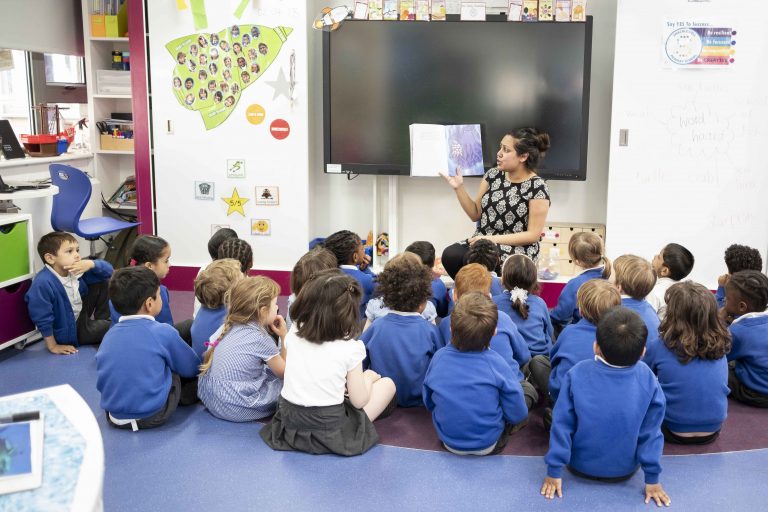

Guest Blog: Speech sounds – when to be concerned
By Nicola Grove, Honorary Senior Lecturer at University of Kent and Sarah Barnett, Independent Speech and Language Therapist in Somerset We express our ideas to
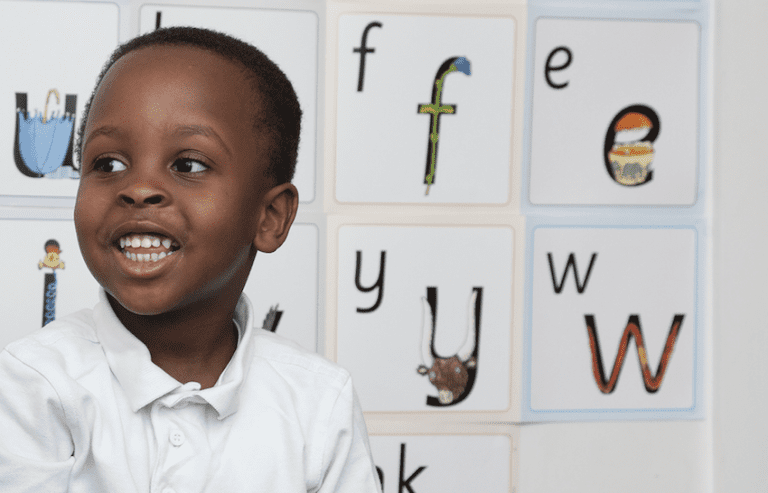

Ruth’s Blog: Show parents what Reception children can do
Few books at home, no magnetic letters on the fridge? Win parents’ support from the very beginning. Show off what their children know in a
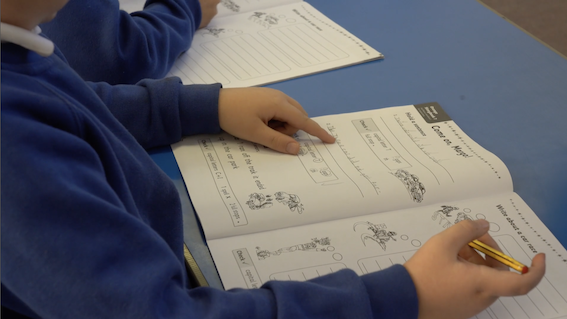

Ruth’s Blog: Don’t confuse grouping with setting
I had to pass Grade 4 to join the school orchestra. Three years of lessons and practice – just to scrape into the second violins.
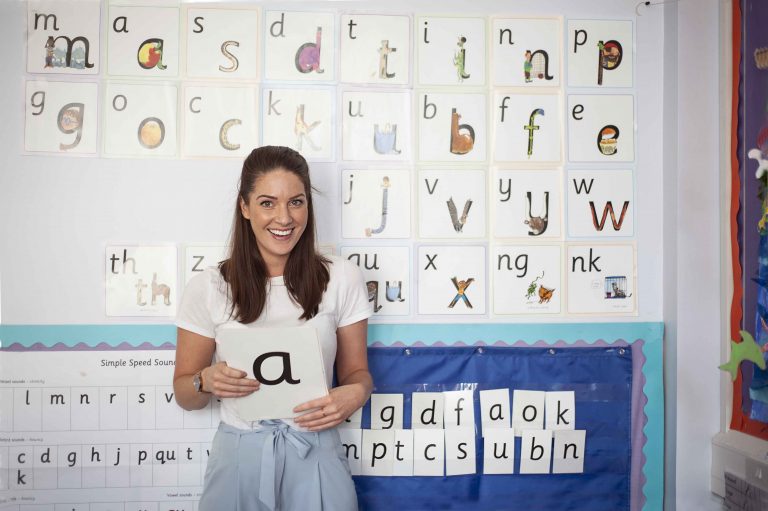


Ruth’s Blog: Wired to thrive on repetition
It’s not the number of books you’ve got that matters, it’s how much you love them that counts. Young children are wired to thrive on
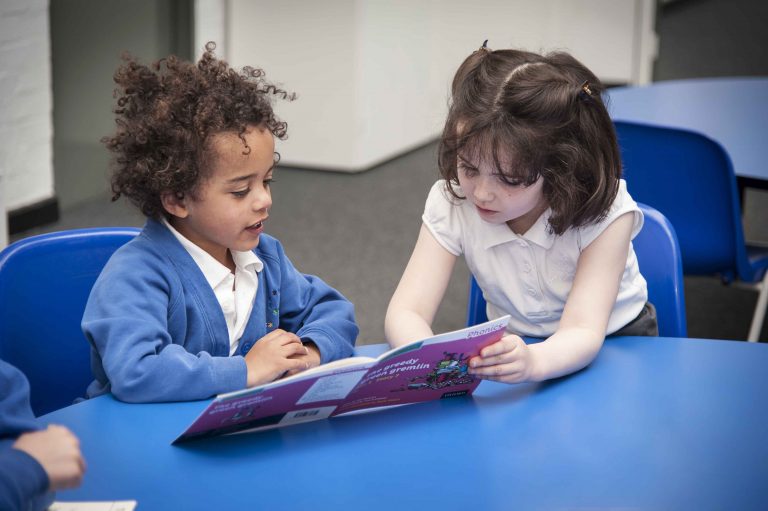

Ruth’s Blog: ‘Again, again!’ Why reading to your child every day is a predictor of later reading comprehension
Did you know that being read to is the most powerful predictor of your child’s future reading comprehension? By reading aloud a story to your child every
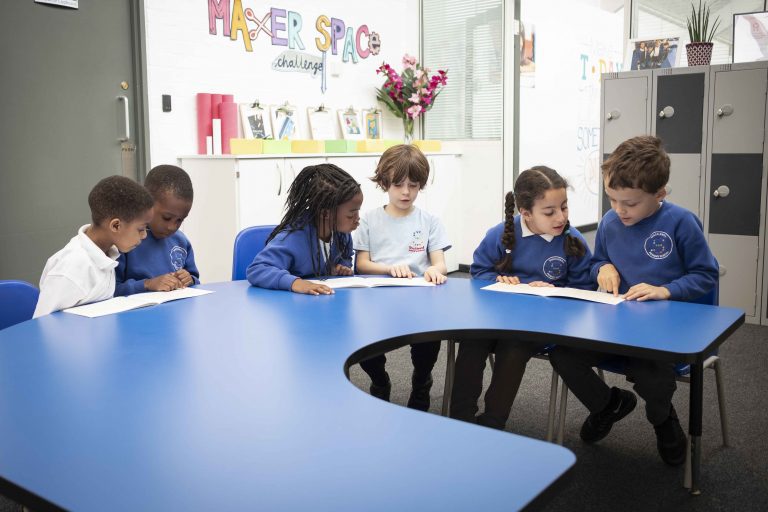

Ruth’s Blog: Recycle your carpets – 6 good reasons to disband ‘carpet’ areas in Key Stage 2
For children from Nursery to Year 2, carpet time helps the teacher bring children together. Teachers read stories, set their expectations for behaviour and teach from the
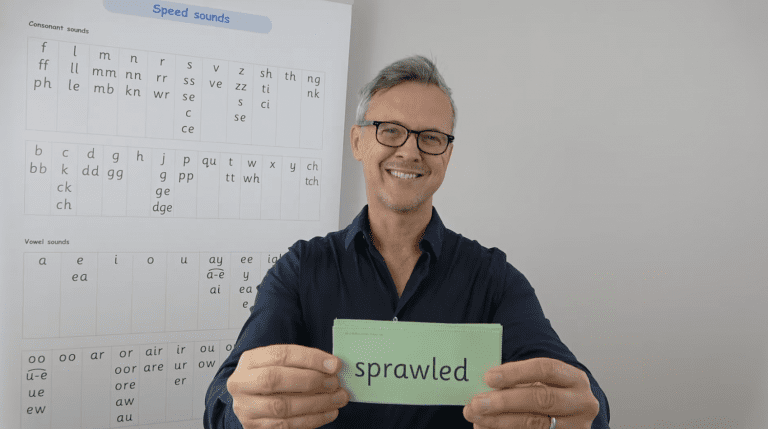

Ruth’s Blog: Teaching Comprehension Strategies Alert
You wouldn’t teach children to dance by telling them what dancers do. A whole research industry continues to grow to monitor the effect of “comprehension


Ruth’s Blog: Some joined up thinking about dyslexic children and joined up writing
Reception teachers show huge relief when I point out that Ofsted doesn’t require them to teach cursive writing. But then they say ‘Isn’t it good

